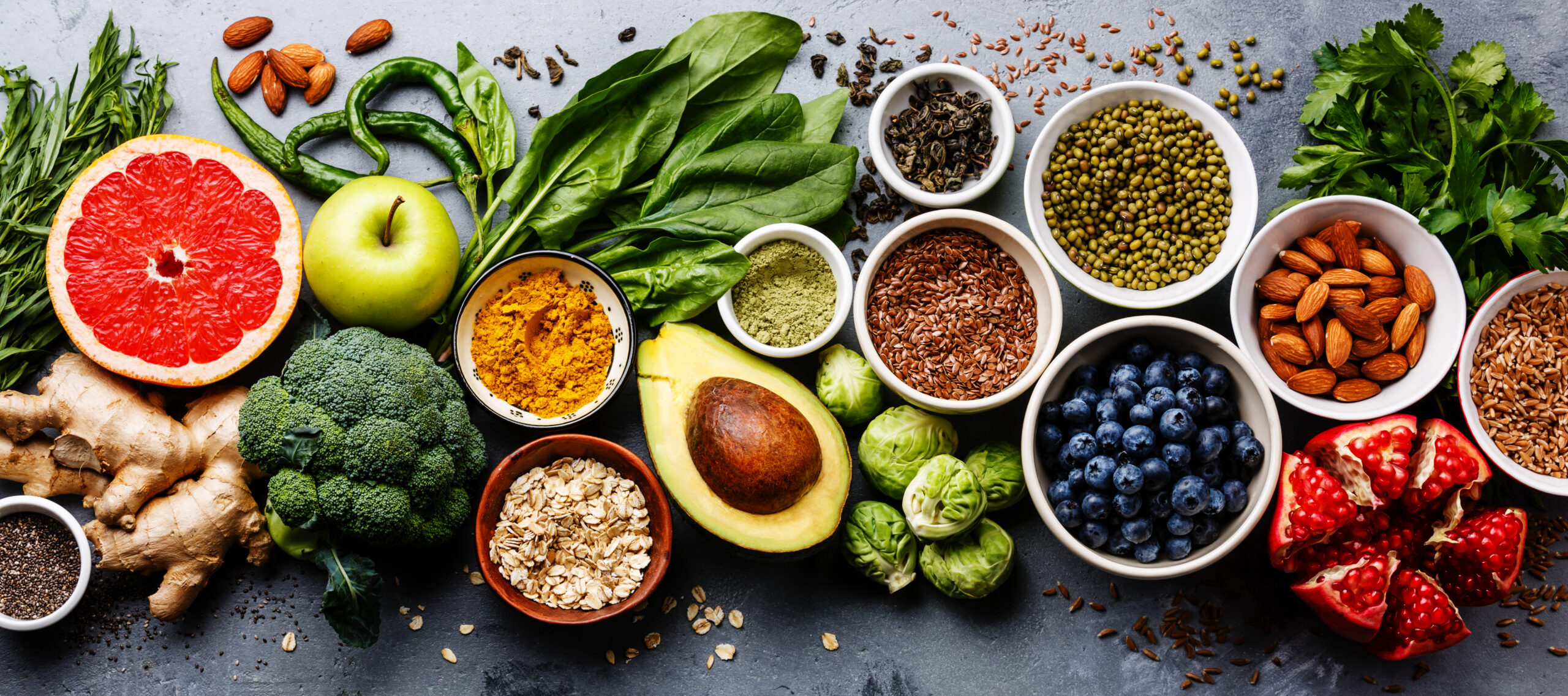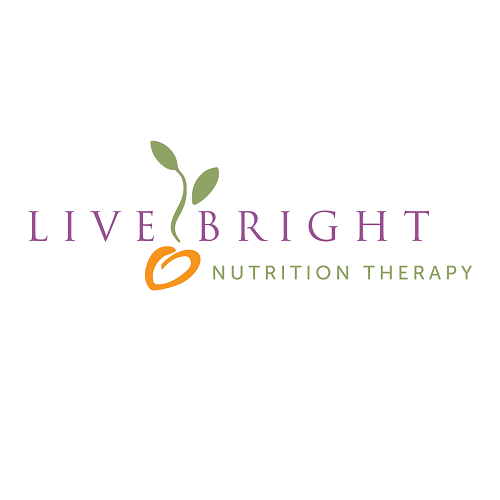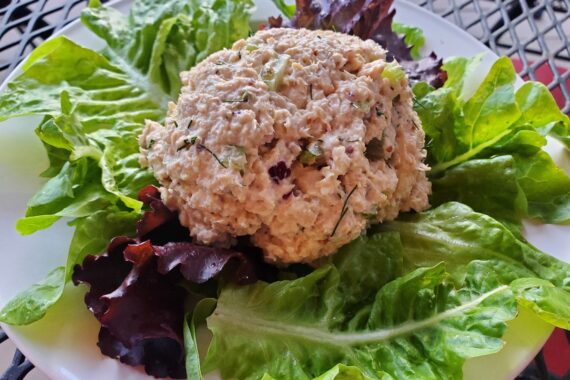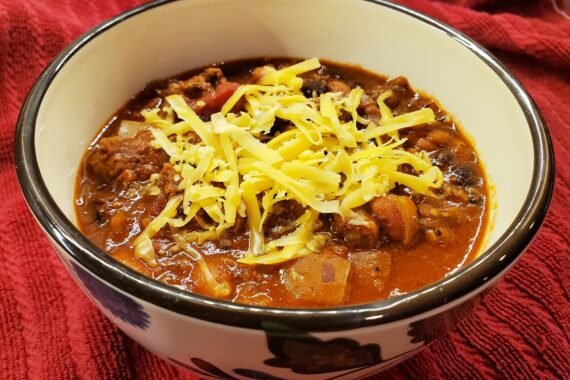
The Scoop on Antioxidants
You’ve probably heard that you should eat foods that are high in antioxidants. But do you know why?
It all starts with “free radicals” in the body. Free radicals are chemically unstable molecules that disrupt normal molecular activity in our bodies, causing oxidative stress. This destroys or causes damage to our cells. Think of it as rusting on the inside, which speeds up the aging process.
Where do free radicals come from?
Some external sources of free radicals are tobacco smoke, environmental pollutants, radiation, ultraviolet rays, some drugs, pesticides, solvents and ozone.
In addition, some free radicals are a natural byproduct of our own internal metabolic processes. An example is when our immune system creates free radicals and oxidation to destroy bacteria, viruses and damaged cells. We also produce free radicals when we exercise.
How do we get rid of free radicals?
Antioxidants bond with free radicals so that they are no longer unstable, and they are neutralized. Our bodies are equipped to handle the free radicals we are exposed to with intricate antioxidant systems. Our bodies produce five endogenous antioxidants:
- Glutathione peroxidase
- Superoxide dismutase
- Alpha lipoic acid
- Catalase
- Coenzyme Q10
These antioxidant systems require nutrients that we get through our diets. Our bodies also wisely have systems for recycling these nutrients and antioxidants.
Many foods contain antioxidants and the precursor nutrients to our own endogenous antioxidants. Many of these are brightly colored vegetables and fruits, along with spices and herbs. An added bonus is that many of them are high in fiber. Aim to get 3-4 of the following in your diet each day.
Foods that are highest in antioxidants
- Goji berries, wild blueberries, dark chocolate, pecans, artichokes, elderberry, kidney beans, cranberries, blackberries, cilantro, tomatoes, carrots, pumpkin seeds, sweet potatoes, pomegranates, strawberries, kale, broccoli, red grapes, squash, wild-caught salmon
Herbs, spices and teas that are highest in antioxidants
- Clove, cinnamon, oregano, turmeric, cocoa, cumin, parsley, basil, ginger, thyme, green and black tea
Foods that support the production of our endogenous antioxidants
- Sulfur-rich foods such as cruciferous vegetables (broccoli, cauliflower, cabbage, kale, mustard greens, Brussels sprouts, etc.), allium vegetables (garlic, onions, shallots, leeks, etc.), beef, fish and poultry
- Vitamin C foods (strawberries, citrus fruits, kiwis, papayas, bell peppers, etc.)
- Foods rich in selenium (Brazil nuts, beef, chicken, fish, brown rice)
If you want to learn more about the level of antioxidants in foods, you can look up the ORAC (Oxygen Radical Absorbance Capacity) units, a unit of measurement for antioxidant content, of your favorite foods, at this ORAC site.
Should you supplement antioxidants?
What about supplementing antioxidants? Many types of antioxidants are available as supplements, but the research has been inconsistent as to their effectiveness. While, targeted use of antioxidants may be beneficial, your best bet for getting antioxidants is through eating them as whole foods.



